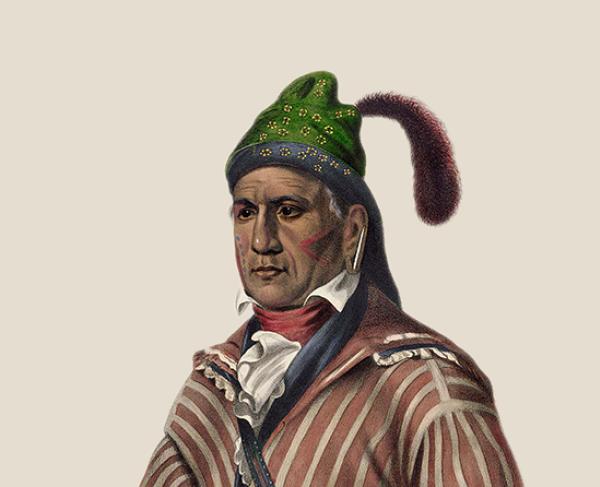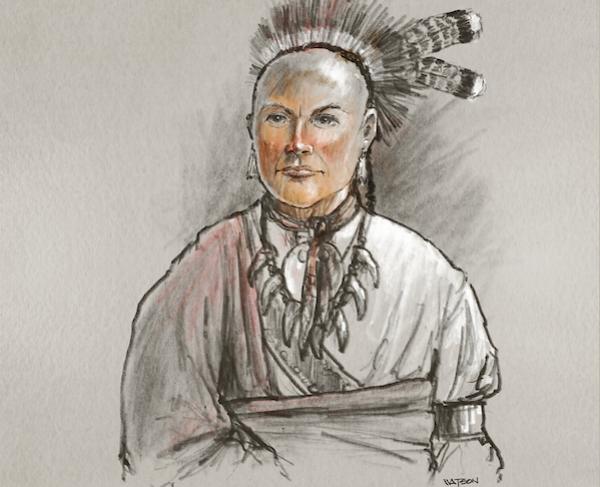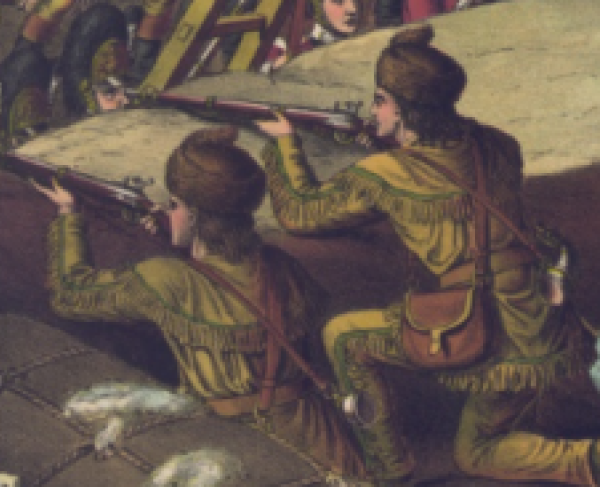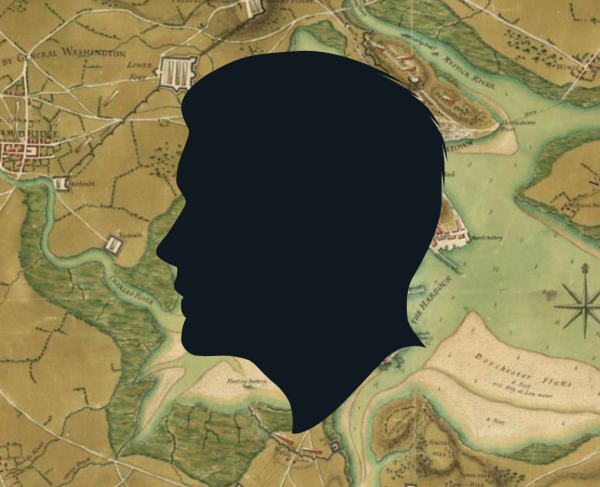Menawa

Born in 1765, Menawa was a polarizing political figure amongst the Creek Indians during the tribal disintegration of the early nineteenth century. Despite being of mixed origin with a Scottish father, Menawa assimilated into Native life while growing up in the Creek town of Okfuskee. Originally named Hothlepoya, “Crazy War Hunter,” Menawa’s leadership and popularity amongst the Creek exploded around the turn of the century as he struck fear in westward expanding pioneers by carrying out raids in nearby Tennessee. Having earned the trust and admiration of his people, he became the second chief of Okfuskee in 1811, at which time he procured the name, Menawa, “the Great Warrior.” By 1813, the Creek nation was splintered between Lower Creek, who were assimilating into the American lifestyle, and Upper Creek, who were starkly opposed to integration. The “Red Stick” band, headed by Menawa, was the most defiant of Creek holdouts, gaining national attention as Andrew Jackson mustered a small army to destroy them. In response to the United States’ involvement in the Creek Civil War, Menawa relocated the Red Sticks to Tehopeka, a village on the banks of the Tallapoosa River. There, the Red Sticks made their last stand against Jackson and his force of 3,300 on March 27, 1814 at the Battle of Horseshoe Bend. Despite losing 800 of his 1,000 warriors and being wounded seven times, Menawa was able to survive Horseshoe Bend by feigning death and escaping in a canoe that night. After cessation of hostilities, Menawa was able to reestablish his political influence within the tribe. Menawa continued his tenure in the public spotlight, even traveling to Washington DC to successfully nullify the 1825 Treaty of Indian Springs. In 1836, the remaining Creeks in Alabama were forcibly removed to the Oklahoma Territory on what is now referred to as the “Trail of Tears,” Chief Menawa was one of thousands to die along the trek. His burial location is still unknown.
Related Battles
276
1,063


